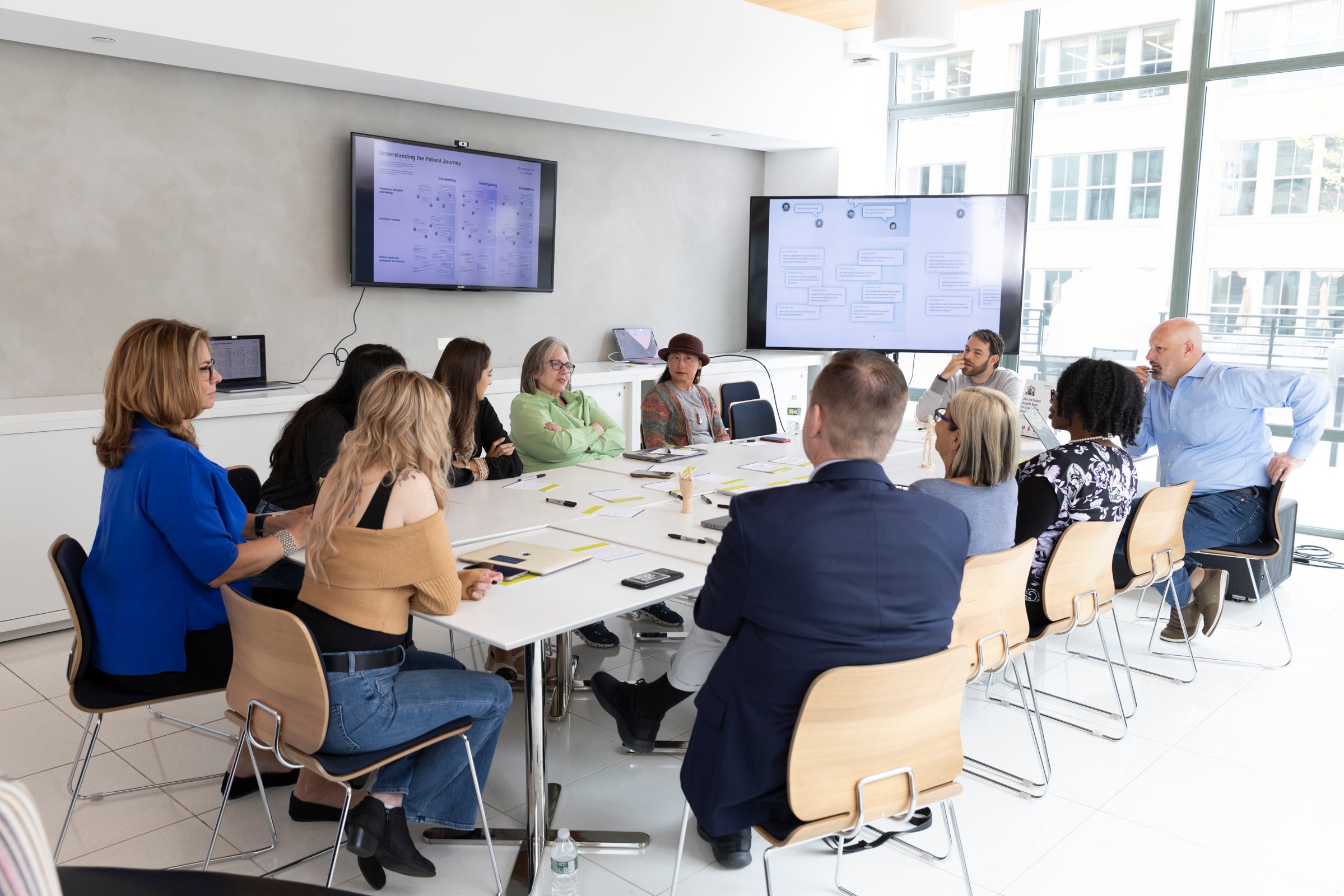Compassion in Healthcare: Transforming Patient Experiences

This blog was authored by Mindy Cameron. Mindy is a member of Medidata’s Patient Insights Board.
How Would You Feel?
In 2004, my family’s life was upended when our three-year-old son was diagnosed with Duchenne (DMD), a rare and serious form of muscular dystrophy that causes progressive muscle weakness throughout childhood and adolescence, and a drastically shortened life. My husband and I had never even heard of Duchenne until we were confronted by what we perceived to be a ticking clock for which every passing minute meant muscle death and functional loss for our son, and helplessness and grief for us. It was a terrifying and confusing period, and we felt ill-equipped to make medical decisions for our toddler who, at that time, outwardly appeared typical.
We soon began hearing about clinical research and realized it was the only thing that might alter the trajectory of our son’s devastating illness.
“We were similar to thousands of other people who suddenly entered this new, unknown world, afraid and shocked by a recent diagnosis and at the mercy of a medical research system about which we knew very little.”
For us, participating in research was an extraordinary leap of faith and we trusted that those making key decisions would do so with empathy and compassion.

In the 20 years since then, I have learned a lot about research realities from both my own experiences and those of other members from the tight-knit rare disease community, composed of advocacy organizations, care providers, researchers, companies, and importantly, communicators. From a drug development perspective, this community has undergone transformational successes, heartbreaking failures, and everything in between—but what families remember most often about their research experiences is how they were treated. Tests and procedures that seem ordinary or simply part of a process to trial coordinators and investigators frequently pose major issues for patients and families.
Clinical trial staff face tough conversations with patients and families about a range of issues, but ensuring they are always acting with empathy can help in immeasurable ways and drastically affect how those involved view current and future participation in research. Points of emotional pain—such as not making it into a long-awaited trial, filling out multiple surveys about a loved one’s functional and cognitive decline since the last trial visit, or seeing your child fall and not meet a specified time during a functional assessment—require understanding and comfort no matter how busy staff are or what’s going on that day in the clinic. How certain events are handled in the clinical setting—like the informed consent process or delivering news of a trial termination—can also have a huge impact on both patients and families.

Even ordinary issues that can arise at trial sites can be distressing for patients and caregivers, especially those with little-to-no prior experience with clinical research. CROs (contract research organizations) and clinic staff may not realize how the absence or departure of a favorite coordinator or nurse will affect a family who has grown to view that person as a trusted friend and source of comfort. Patients and families who feel rushed or forgotten during a long clinic visit day, or those who are not given adequate compensation for parking, meals, or accommodations will not be eager to participate and are at greater risk of dropping out of the trials.
“In all of these real-life situations, empathy for patients and families can make or break the bond of trust that is so important for all stakeholders in the research ecosystem.”
Research organizations and sponsors can make significant strides in alleviating some of these issues by treating patients as equal partners in research. Talking to patients and caregivers about their day-to-day lives and preferences before and throughout the drug development process supports all aspects of protocol design, and is perhaps the single most important thing a sponsor can do to instill empathy into their programs.
Understanding the barriers to research participation and demonstrating empathy while working with patient communities on solutions to address those barriers just makes sense, and will pay off in faster trial enrollment, a more diverse population of patients, and better adherence to trial protocols, follow-up, and real-world data collection.
Let’s work together to build a more compassionate future for all.

Contact Us
